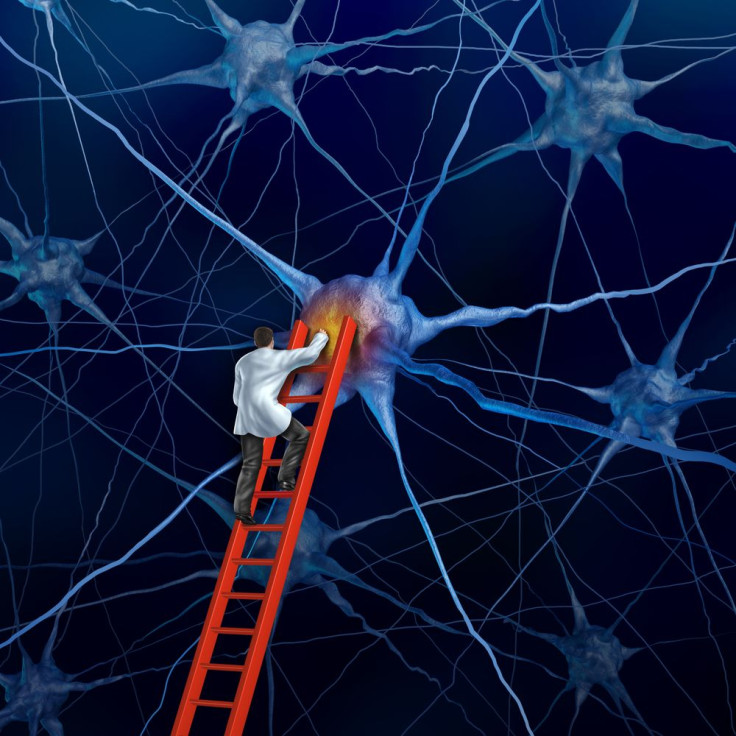Doctors Unravel The Placebo Effect Of Fake Parkinson's Disease Treatment

In a new study examining patients with advanced Parkinson's disease, neurologists say they've identified parts of the brain that control placebo effect, raising hopes of singling out people most susceptible.
But they're still very much in the dark about underlying causes of one of medicine's great mysteries. Some people, when given fake treatment, actually get better, but others, for whatever reason, do not. Stranger still, some people improve at the mere suggestion of future treatment.
The placebo effect is a problem for clinical researchers because they need to know which treatments work and which don't. When people respond well to treatments they aren't actually given or that don't actually work, it skews the results. That's why, for years, doctors have been trying to figure out how placebo works and why.
"While they may appear to be mysterious, placebo responses have discernible neurophysiological mechanisms," wrote the authors of a companion commentary in The Journal of Clinical Investigation. To learn more about those mechanisms, neuroscientists at the Feinstein Institute for Medical Research in New York chose 45 patients with Parkinson's disease for a double-blind study. All of them would receive brain surgery, but only 22 would receive actual treatment. The other 23 were given fairly routine operations designed to do nothing.
The doctors weren't looking for signs of placebo effect — they already knew it would happen. Patients with Parkinson's disease, the second most common neurological illness behind Alzheimer's, have previously shown an incredible sensitivity to the idea of treatment. A 2001 study illustrated that dopamine released at the expectation of possible healing had healing benefits by itself. "Expectations," doctors wrote in another study, "have a strong influence on the subsequent emotional experience of both" pain relief and reward processing.
Instead, what David Eidelberg and colleagues at the Feinstein Institute were looking for was what happened inside their brains before and after the brain surgery. Using PET scans, they measured activity in parts of the brain associated with negative emotions, expectancy and placebo-induced anti-depressive effects. After the placebo surgery, 16 of the 23 patients performed better on tests of their motor functioning. Seven saw no improvement.
Here's the interesting thing: Those 16 patients had very little activity before surgery in the parts of the brain that are activated by placebo. The other seven had more activity in the region all along. So that's the good thing — research doctors may now have something to look for when they want to weed out placebo-receptive test patients.
The bad thing is researchers still have no clue how a little dopamine and anti-depressant brain activity relates to improved motor function. "The final effector pathway remains obscure," wrote
In a sad coda to the study, one year after their placebo brain surgeries, the Parkinson's patients were unblinded. That is, their doctors revealed that they had been in the sham surgery group and not the treatment group. Immediately, the parts of their brains that are activated by placebo reverted to their normal state. With that, their small gains in motor functioning disappeared, too.
Source: J.H. Ko, et al. Network Modulation Following Sham Surgery in Parkinson's Disease. The Journal of Clinical Investigation. 2014.



























